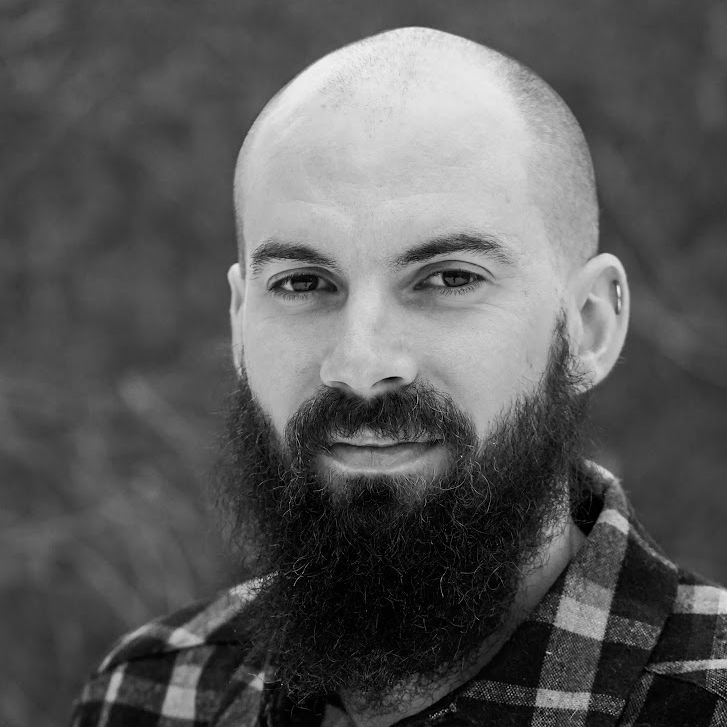About Me
Hello! I’m Mike, an engineer and hydrologist currently working on my PhD in the Hydrologic Science & Engineering program at Colorado State University, advised by Dr. Frances Davenport in the Department of Civil & Environmental Engineering. Until I decided to reenter academia in January of 2024, I worked as a Water Resources Engineer with Emmons & Olivier Resources (EOR) for 10 years and continue to provide guidance and technical feedback on some hydrologic modeling, watershed planning, and web development projects.
My current research interests stem from my extensive experience building and using hydrologic and hydraulic models for a variety of purposes across a wide range of spatial scales, and the myriad challenges I encountered along the way. My early PhD research uses deep learning and advanced statistical techniques to uncover regionalizable principles in hydrologic modeling, and to improve the ability of deep learning models such as LSTMs to predict hydrologic extremes. Basically, I’m interested in the intersection between deep learning and flood prediction, but unlike much of the research being done in this area focused on short-term flood forecasting, my particular interests are in using explainable AI to see what we can learn from these complex data-driven models.
My work experience
While at EOR, I worked on a large number of projects ranging from engineering design support to regional-scale watershed planning. Some notable projects include:
- Rural Stormwater Management Model (2014)
- Thunder Bay Stormwater Management Plan (2016)
- City of Grand Marais Stormwater Management Plan (2018)
- Edmonton LID Study (2019)
- Middle Cedar Watershed Management Plan (2020)
- Rochester Comprehensive Surface Water Management Plan (~2025)
From 2020 onward, I was also brought into the IT department to help with improving the remote work experience, which resulted in my standing up a cloud-hosted PostGIS instance for increasing the efficiency of our remote GIS work. Stemming from this, I (somewhat accidentally) found myself acting as a full-stack web developer, and ultimately built some data management interfaces (both internal and client-facing) using PHP and PostgreSQL on the back end and Bootstrap on the front end.
My educational experience
I started my PhD in January of 2024 after admitting to myself after 10 years working in engineering consulting that performing novel research remained both my primary passion and my biggest strength (and it turns out that when you constantly let your curiosity get the better of you, your projects tend to go over budget). Prior to that, I received my M.S. in Bioproducts & Biosystems Science, Engineering, and Management in 2019 and my B.B.A.E. in Biosystems and Agricultural Engineering (later renamed to Bioproducts and Biosystems Engineering) in 2009, both from the University of Minnesota. My M.S. advisor was the incredible Dr. Gary Sands and my thesis was titled Comparison of Evapotranspiration Estimation Methods and Implications for Water Balance Model Parameterization in the Midwestern United States.
My intellectual communities
I’m continually hovering at the crossroads between many disciplines such as computer science, data science, GIS, civil engineering, hydrology, and integrated flood management. Consequently, I’ve long been adept at making connections and integrating ideas from one field into another, perhaps at the expense of deep specialized knowledge in any one of them. This is one of the main motivators for pursuing my PhD: to develop a profound understanding of hydrology and its evolutionary history as a scientific discipline.
